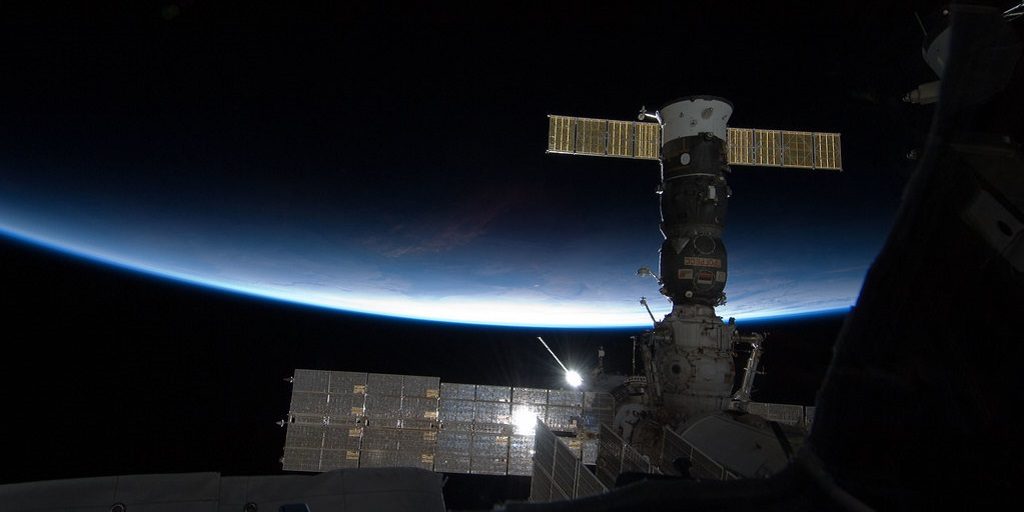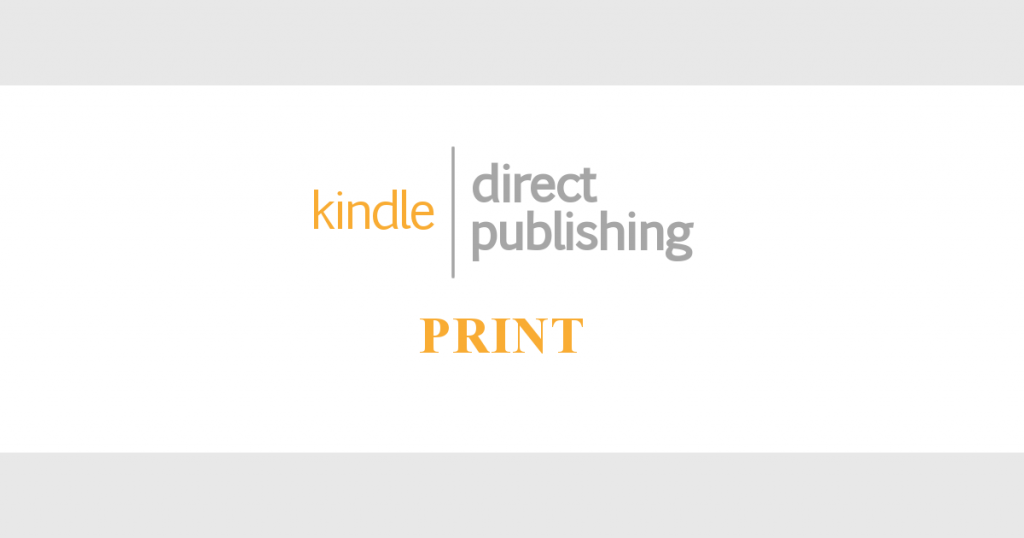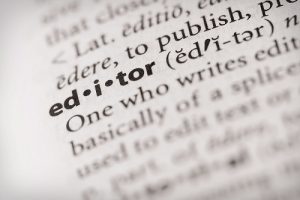The author is tired. Not the “wow, that was a long day!” kind of tired, but the “struggling to keep up with an avalanche of deadlines and obligations month after month after month” kind of tired. The tired that comes from never being able to get caught up, and from an Other Job that’s perpetually short-staffed and disastrously managed.
If you’re one of the author’s Patreon supporters, you may have been reading the Iceball Planet stories. They’re inspired by the hellish conditions, poor management, and rampant safety violations at the Other Job. Management keeps saying things will get better, but they never do. They get worse.
The author is tired, and he has reached his breaking point. Last night he considered, for perhaps the first time in his life, just not going back. Poor planning from upper management means that things are about to take an abrupt turn for the worse… and the author is far too tired to deal with this.
To that end, the author is going to take a brief break from blogging to job search and evaluate his options, and will return in 2020. There probably won’t be a post next weekend, and possibly the one after that (but we hope the author will be back before then.) Posts to Patreon and social media should continue as they normally would.
The author would like to thank you all for reading this blog and supporting his writing. And if you’re not already subscribed to his Patreon feed, you should definitely check it out! There’s a lot of cool stuff over there, from monthly short stories to excerpts from works in progress, deleted scenes, and insights into the author’s writing process. Signing up costs as little as $2 a month.
Looking forward into 2020, the author hopes to get caught up and bring you more awesome short fiction, published novels, and interesting articles. We also hope he’ll regain his sanity and stop referring to himself in the third person. Until then, please stay safe and be kind to each other.


